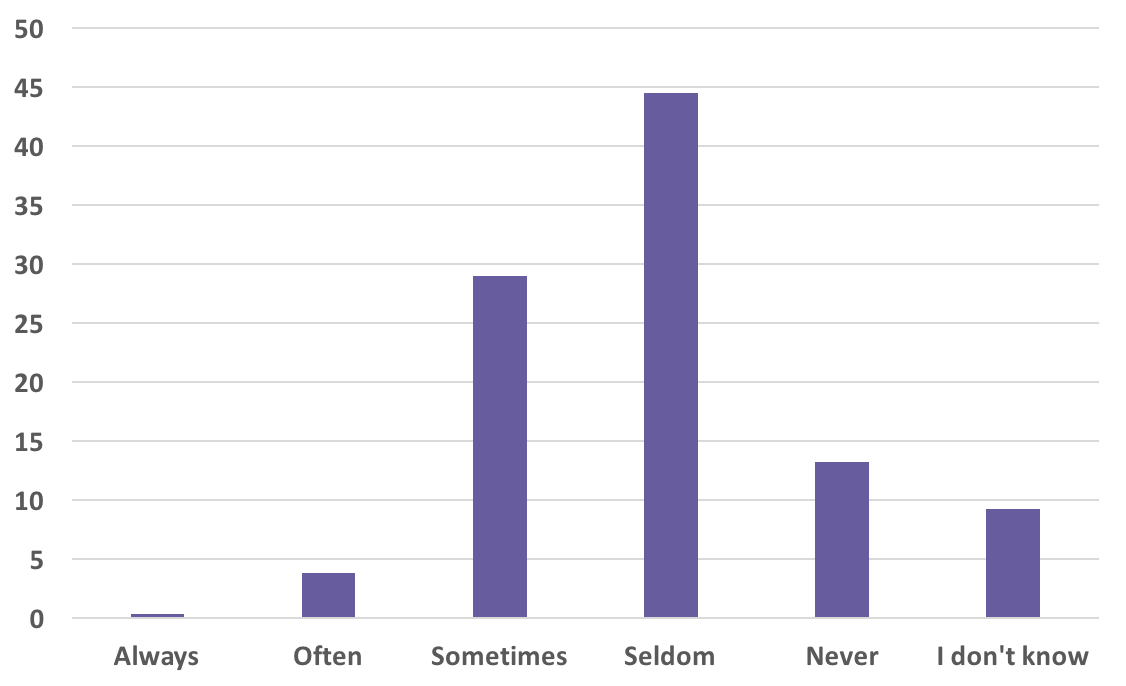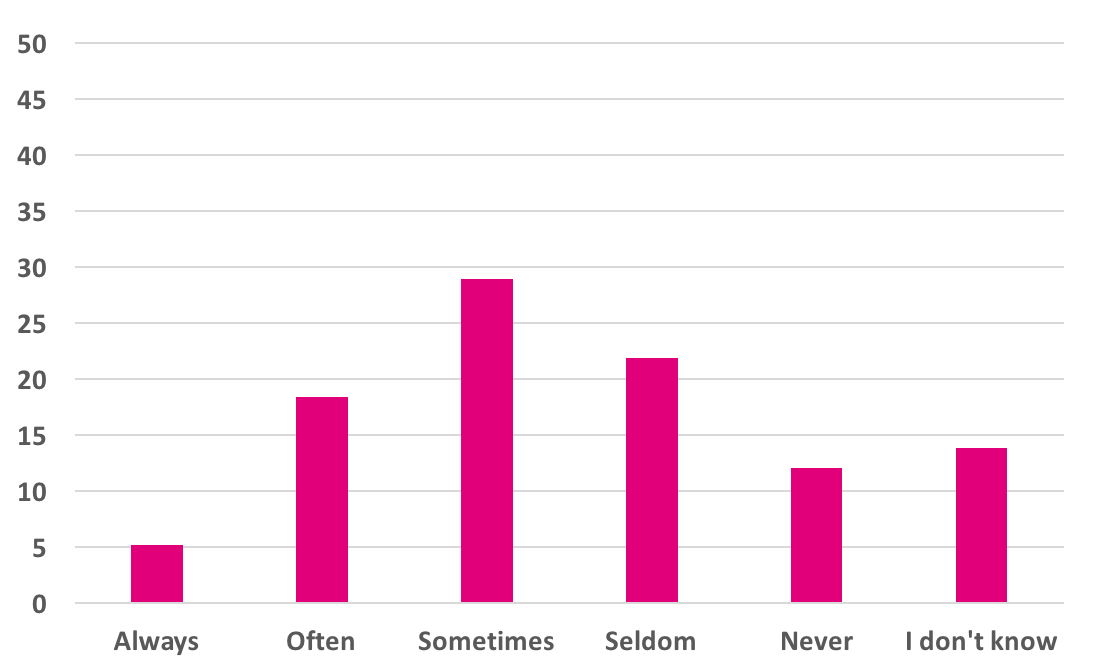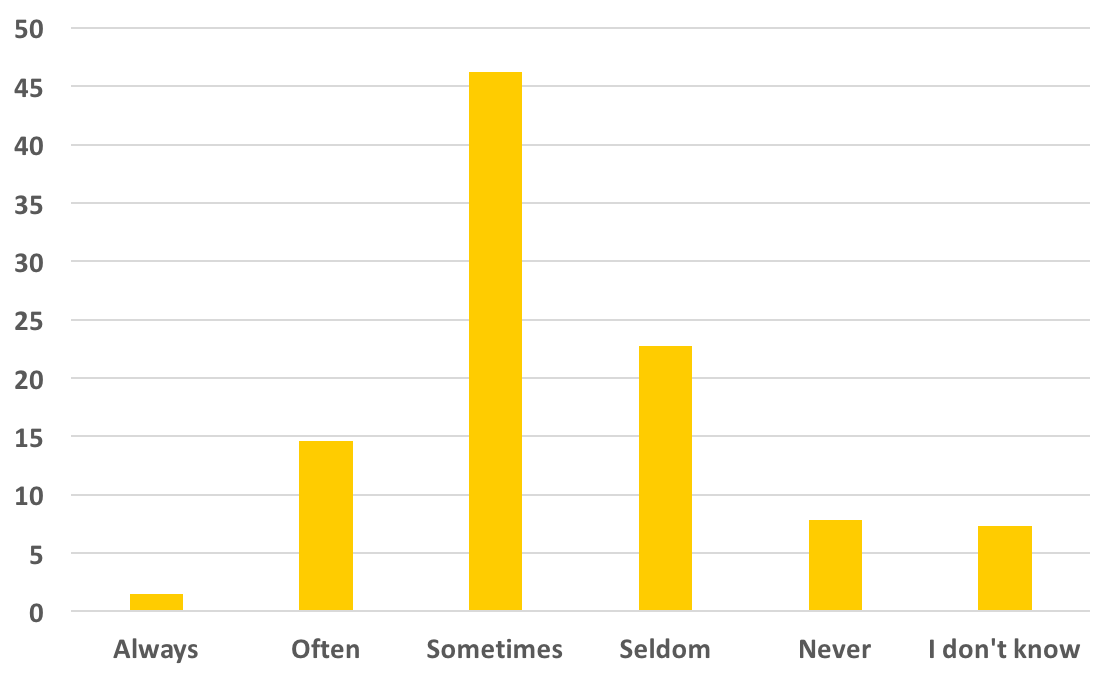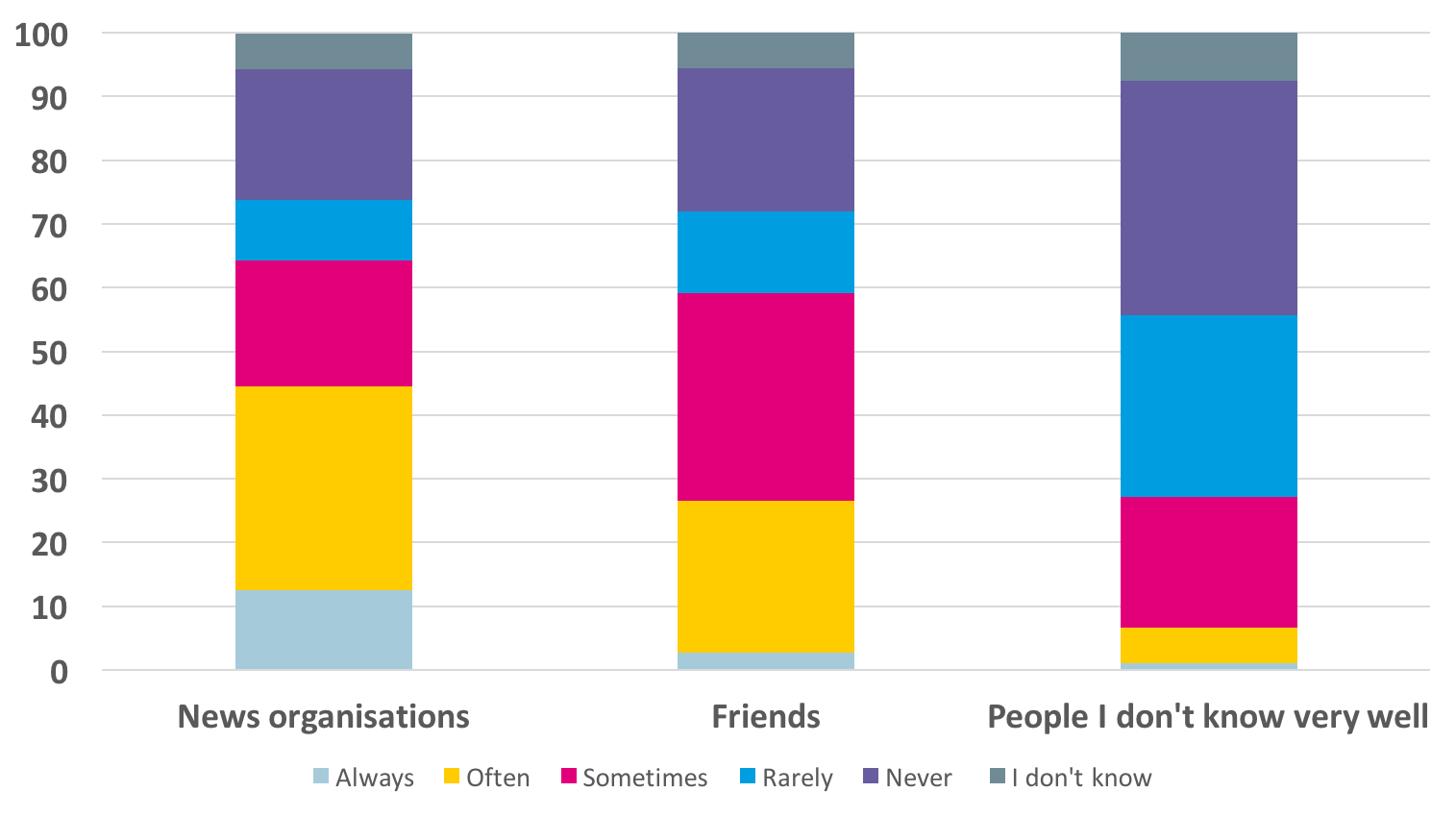New survey: The notion of echo chambers on Facebook is exaggerated
A new survey by the research group DECIDIS at the IT University of Copenhagen challenges the notion that social media make users with different political positions invisible to each other. Nearly a third of Danes sometimes change their opinion as a result of a political discussion on Facebook.
Digital Design DepartmentResearchLuca Rossidemocracysocial media
Written 5 September, 2017 11:09 by Vibeke Arildsen
Is Facebook really an echo chamber where users are confronted only with opinions similar to their own? Not according to a new survey on Danes’ use of social media, especially Facebook, for discussions about politics and news.
Almost a quarter of the respondents said that they often encounter content they disagree with when discussing politics or news on Facebook. This is due to several factors, says Luca Rossi, Associate Professor at ITU and co-author of the study.
"First of all, we do not only follow friends on Facebook, but also newspapers, television stations, and so on, which delivers content that we might not agree with. Secondly, while social networks do connect people who have something in common, such as family members, we all know how that political disagreement can exist within a family. You do not necessarily agree with your Facebook friends politically, even if you have other things in common," he says.
Danes are relatively open
Most noticeably, the survey shows that the Danes are actually relatively open when confronted with opinions different from their own. 62 percent indicated that they learn something new at least sometimes, and almost one third also indicate that they occasionally change their opinions after a Facebook discussion.
How often do you change your opinion (when discussing politics or news on Facebook)?

Although the majority 'seldom' changes opinion after a Facebook discussion, this happens 'sometimes' for 29 percent and 'often' for 4.1 percent of the Danes.
The survey indicates that there is some degree of openness in Danish society, and this is a healthy sign for the public debate.
Luca Rossi, Associate Professor at ITU
This challenges current concerns that social media are echo cambers where people never encounter confronting views and only reinforce their preexisting opinions.
"The survey indicates that there is some degree of openness in Danish society, and this is a healthy sign for the public debate. It does not mean that echo chambers do not exist, but it would be too simple to blame Facebook for major societal changes such as an increased political polarization,” says Luca Rossi.
Traditional news media still important
The survey also takes a look at Facebook's role in relation to the news consumption of Danes. Half of the Danes get news through Facebook at least once a day, and traditional news media is the most important source of news, says Luca Rossi.
"News organizations today depend on Facebook to spread their content, but they still play a central role as sources of information. People are more inclined to read news articles shared by traditional mass media than articles shared by their friends. This is interesting, but perhaps not surprising, given the recent panic of fake news – Danes still consider traditional media to be trustworthy and they are able to sort through different sources, "says Luca Rossi.
See 3 of the survey's main findings below.
How often are you confronted with opinions different from your own (when discussing news or politics on Facebook)?
Danish Facebook users are frequently confronted with opinions different from their own. 23.5 percent answer that this happens 'always' or 'often'.
Hvor ofte lærer du noget, du ikke vidste før (når du diskuterer politik eller nyheder på Facebook)?

62.3 percent of Facebook users state that they learn something new at least once in a while ('always', 'often' or 'sometimes').
Which news are read on Facebook? (By various types of sources)

News shared via the Facebook pages of news organisations are read most frequently. 44.5 percent of users state that they 'always' or 'often' read news shared by news organisations.
Luca Rossi, Associate Professor, phone +45 7218 5036, email lucr@itu.dk
Vibeke Arildsen, Press Officer, phone 2555 0447, email viar@itu.dk